Peter Kaluma Calls for BBC Ban Over Controversial 'Blood Parliament' Documentary
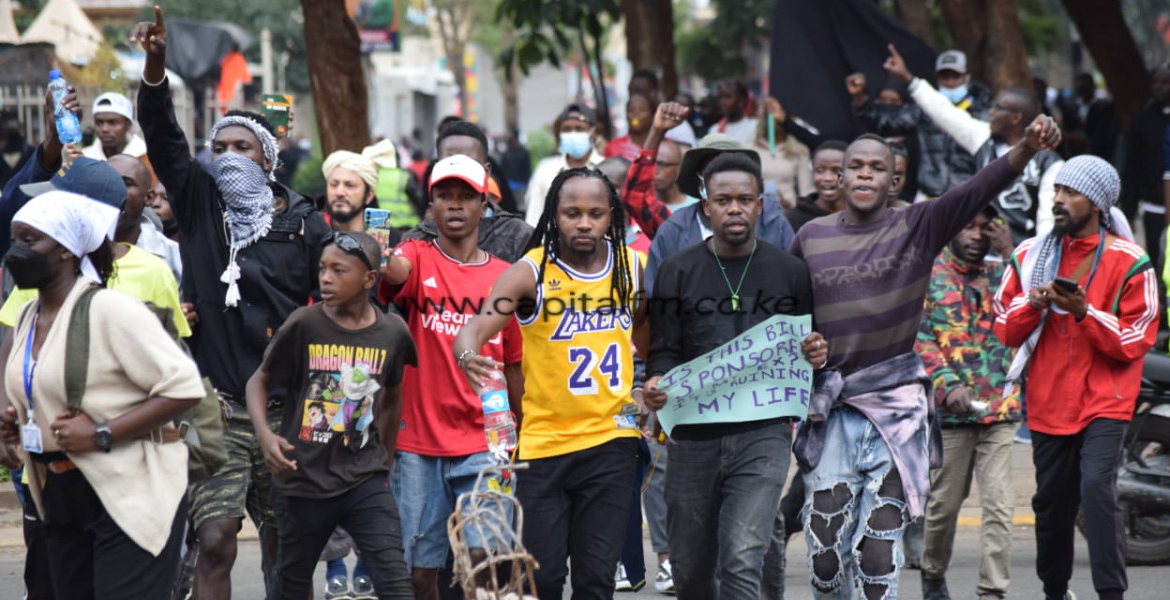
Homa Bay Town Member of Parliament Peter Kaluma has urged the Kenyan government to revoke the operating license of the British Broadcasting Corporation (BBC) in Kenya, following the release of a documentary titled “Blood Parliament.”
The documentary, which examines alleged misconduct by security forces during the June 2024 protests led by Generation Z activists, has ignited intense debate and accusations of distorted reporting. Kaluma voiced his concerns on his official X account, emphasising the critical role of media in safeguarding democracy. He describes the documentary as “twisted, partial, reckless, and intended to incite chaos in Kenya,” and appeals to government agencies to act swiftly to prevent potential unrest.
The call for a ban comes amid a backdrop of heightened political tension following the release of the documentary, which has garnered over a million views on YouTube within 24 hours. Kaluma's remarks underscore the gravity of the situation, cautioning against the destructive potential of reckless media coverage and drawing parallels with historical incidents such as the 1994 Rwandan genocide.
“The role played by the media in any democracy is too important to be discharged irresponsibly. The media can build greater democracy or destroy an otherwise stable state,” Kaluma declared.
"Blood Parliament" reconstructs the events of June 25, 2024, when thousands of predominantly young protesters took to the streets to oppose the Finance Bill 2024. The legislation, which introduced new taxation measures, was met with widespread dissent both within Parliament and among the public. The bill passed by a vote of 195 to 106, leading to outrage and confrontations between demonstrators and security personnel. The 37-minute exposé employs advanced methods such as 3D modelling, forensic analysis, and eyewitness accounts to offer harrowing evidence of the violence that ensued. The documentary depicts security forces opening fire on protesters, resulting in tragic fatalities and injuries.
Among the deceased were David Chege, a 39-year-old software engineer and Sunday school teacher, and Ericsson Mutisya, a 25-year-old butcher. The documentary captures an officer kneeling to indiscriminately shoot, an act that caused significant public uproar. In an unprecedented move, protesters breached the Parliament chambers, marking a first in Kenya’s post-independence history. The documentary identifies three alleged perpetrators and features commentary from figures such as Law Society of Kenya President Faith Odhiambo, activists Boniface Mwangi and Hanifa Adan, and student journalist Allan Ademba, who witnessed the events unfold.
The documentary has sparked varied reactions. Lawyer Willis Otieno has dismissed Kaluma’s proposal to ban the BBC as “tantrums,” calling on the MP to provide factual counterarguments to the documentary’s findings. “A mind truly committed to justice seeks accountability, not bans,” Otieno remarks, underscoring the importance of addressing allegations with transparency. Public opinion remains divided. While some support Kaluma’s call for action, others argue that suppressing the press would undermine democratic principles.
Social media responses have been pointed out, with one user asserting, “BBC didn’t twist anything. They held up a mirror and you didn’t like the reflection. Silencing the press won’t erase the bloodstains. It only proves you’re scared the truth is louder than your propaganda.”
The BBC has stood by its reporting, describing the documentary as the culmination of a rigorous investigation involving the analysis of over 5,000 images captured during the protests. The broadcaster maintains that these efforts were aimed at uncovering the truth about the events of that day. Kenya's history is marked by periods of both democratic progress and authoritarian control. The nation gained independence in 1963 and initially experienced a period of relative stability under President Jomo Kenyatta. However, the Kenyatta era was also characterised by increasing centralisation of power and suppression of political dissent.
In 1982, Kenya officially became a one-party state, further limiting political freedoms. This period saw increased human rights abuses and restrictions on the press. The late 1980s and early 1990s brought growing calls for political reform, culminating in the reintroduction of multi-party democracy in 1991. The transition to multi-party politics was not without its challenges. The 1990s were marked by ethnic clashes and political violence, particularly during election periods. The media played a significant role in reporting on these events, often facing pressure from the government to control the narrative. In 2002, Kenya experienced a peaceful transfer of power when the opposition National Rainbow Coalition (NARC) defeated the ruling Kenya African National Union (KANU).
This marked a significant step forward for democracy, but challenges remained. The 2007 general election was marred by widespread violence and allegations of vote rigging. The ensuing crisis led to the deaths of over 1,000 people and the displacement of hundreds of thousands. The media faced intense scrutiny during this period, with some outlets accused of fueling the violence through biased reporting. The 2013 and 2017 general elections were also contentious, with allegations of irregularities and attempts to undermine the democratic process. The media continued to play a crucial role in reporting on these events and holding the government accountable.
Kenya’s media landscape is relatively diverse, with a mix of public and private broadcasters, newspapers, and online platforms. However, media freedom remains a concern, with journalists often facing intimidation, harassment, and censorship. The government has been accused of using various tactics to control the media, including withholding advertising revenue, denying access to information, and enacting restrictive laws. The media have also faced challenges from powerful individuals and corporations who seek to influence coverage.

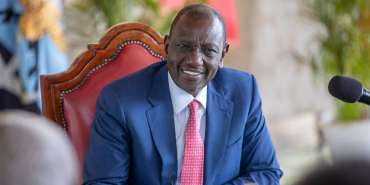
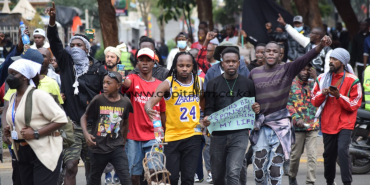
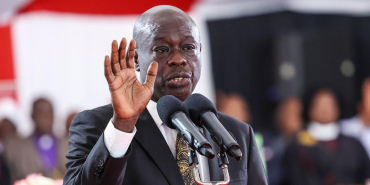
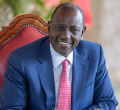
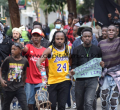

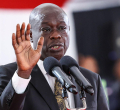
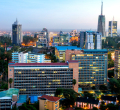
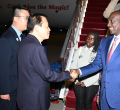
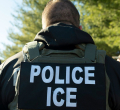
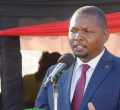
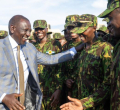
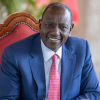
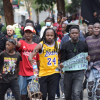
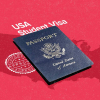
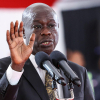
Add new comment